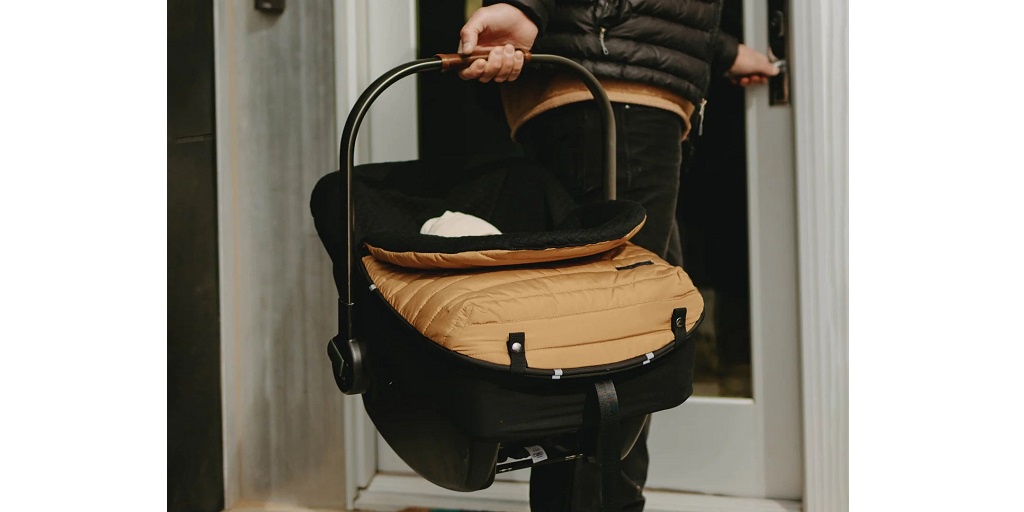Teething is a significant milestone in a baby's development, but it can also be a challenging time for both the infant and the parents.
As your little one starts to grow their first set of teeth, you may have a plethora of questions and concerns. To ease your worries and provide clarity, here are some of the most frequently asked questions about teething:
What is Teething?
Teething is the process of a baby's primary teeth (also known as baby teeth or milk teeth) breaking through the gums. It typically begins around six months of age, although it can start earlier or later for some infants. During this phase, babies may experience discomfort and exhibit symptoms such as drooling, irritability, and the desire to chew on objects.
How Long Does Teething Last?
The duration of teething varies from child to child. On average, the teething process can last for about two to three years, starting with the emergence of the first tooth and continuing until the last tooth erupts. However, most of the discomfort associated with teething occurs during the first year when the majority of the baby's teeth come in.
What Are Common Teething Symptoms?
Teething can manifest in various ways, and not all babies experience the same symptoms. Some common signs of teething include:
- Irritability: Your baby may become more fussy and cranky than usual.
- Drooling: Excessive drooling is a typical symptom of teething as your baby's salivary glands become more active.
- Gum Swelling and Sensitivity: You may notice redness and swelling in your baby's gums, accompanied by sensitivity or discomfort.
- Chewing and Biting: Babies often seek relief by chewing or biting on objects to alleviate the pressure on their gums.
- Changes in Eating and Sleeping Patterns: Teething can affect your baby's appetite and sleep patterns, leading to fussiness during mealtimes and disrupted sleep.
What Should I Do When My Baby Starts Teething?
Teething is a natural process, but it can cause significant discomfort for your baby. Here are some things that will help:
- Gentle Massage: Use a clean finger to gently massage your baby's gums. This can help alleviate some of the discomfort caused by teething.
- Chewing Toys: Provide your baby with safe teething toys or rings made of soft rubber or silicone. The act of chewing can provide relief by counteracting the pressure from emerging teeth.
- Cool Teething Objects: Refrigerate (do not freeze) teething toys or a clean, damp washcloth for your baby to chew on. The cool sensation can help numb the gums and reduce inflammation.
- Wipe Up Their Drool: Excessive drool can get all over your child’s clothes, making them sticky and uncomfortable. To address this, you might want to purchase bandana bibs for your baby, like the ones sold by Little Unicorn. Their bandana bibs come in packs of 4 and are made out of soft muslin and absorbent fleece - perfect for wiping up!
Teething is a significant developmental milestone in your baby's life, signaling the arrival of their first set of teeth. While it can be a challenging time for both you and your little one, armed with the right knowledge and strategies, you can help ease their discomfort and ensure a smooth transition. Remember to be patient, provide plenty of love and comfort, and cherish these precious moments as your baby grows and explores the world around them.
For more information about Crib Sheets and Footmuff Please visit: Little Unicorn LLC.


No comments yet